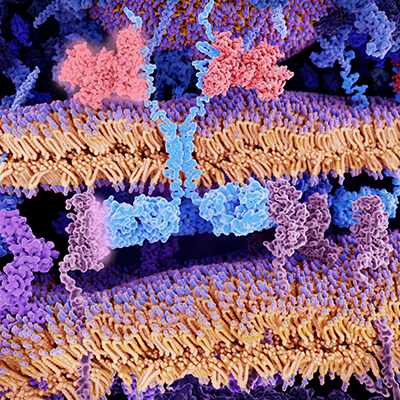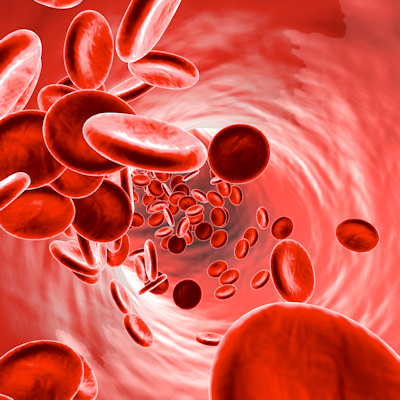June 16, 2023 -- The U.S. Food and Drug Administration (FDA) has approved Roche’s Columvi (glofitamab-gxbm), a bispecific antibody, for the treatment of adult patients with relapsed or refractory diffuse large B-cell lymphoma (DLBCL) not otherwise specified after two or more lines of systemic therapy, the firm announced on Friday.
The treatment was also approved for large B-cell lymphoma arising from follicular lymphoma after two or more lines of systemic therapy.
Continued approval for this indication may be contingent upon verification and description of clinical benefit in a confirmatory trial. Columvi will be available in the U.S. in the coming weeks, Roche said.
The treatment is part of Roche's portfolio of T cell-engaging bispecific antibodies in non-Hodgkin lymphoma, which also includes the recently approved Lunsumio to treat follicular lymphoma.
"People with diffuse large B-cell lymphoma who have gone through multiple lines of therapy have a poor prognosis and desperately need additional treatment options," Dr. Levi Garraway, M.D. Roche's chief medical officer and head of global product development, said in a statement. "As an off-the-shelf, fixed-duration treatment providing durable response rates, we believe Columvi could change the way this aggressive lymphoma is treated, reinforcing our dedication to bringing innovative treatment options to people with critical unmet needs."
DLBCL is an aggressive, hard-to-treat disease and is the most common form of non-Hodgkin lymphoma in the U.S. While many people with DLBCL are responsive to treatment, the majority of those who relapse or are refractory to subsequent treatments have poor outcomes.
"Patients with relapsed or refractory diffuse large B-cell lymphoma may experience rapid progression of their cancer and often urgently need an effective treatment option that can be administered without delay," added Dr. Krish Patel, director of the lymphoma program at the Swedish Cancer Institute in Seattle and investigator of the Columvi phase I/II NP30179 study. "Experience from clinical trials demonstrates that Columvi can provide patients with relapsed or refractory diffuse large B-cell lymphoma a chance for complete remission with a fixed duration immunotherapy and that such remissions can potentially be sustained after the end of their treatment."
The FDA accelerated approval is based on positive results from the phases I/II NP30179 study of Columvi given as a fixed course for 8.5 months in 132 patients with DLBCL who had relapsed or were refractory to prior therapies, including about one-third (30%) who had received prior CAR T-cell therapy. Additionally, 83% were refractory to their most recent therapy. Results showed that patients treated with fixed-duration Columvi achieved durable remission, with 56% of patients achieving an overall response and 43% of patients achieving a complete response. Over two-thirds of those who responded continued to respond for at least nine months. The median duration of response was 1.5 years.
Among 145 patients who received Columvi in the study, the most common adverse events were cytokine release syndrome, which may be serious or life-threatening, musculoskeletal pain, fatigue, and rash, Roche said.
Copyright © 2023 scienceboard.net










